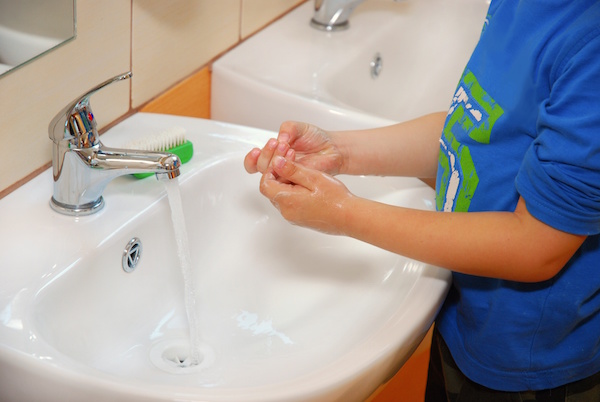
FRIDAY, Nov. 4 (HealthDay News) — When the clocks go back an hour this weekend, some people may have trouble adjusting to the time change.
Many welcome the switch from daylight savings time to standard time because it means an extra hour of sleep on Sunday, but some will find it difficult to adapt, according to Girardin Jean-Louis, a sleep specialist and professor of medicine at the State University of New York Downstate Medical Center in Brooklyn.
Exposure to light at an earlier time in the morning may cause some people to wake up earlier than planned. This could cause increased daytime sleepiness that results in impaired mental and physical abilities, Jean-Louis explained.
Those most likely to experience problems with the switch to standard time are people who tend to wake early in the morning and are sleepy early in the evening (morning types).
The National Sleep Foundation offers some tips to help you adjust to this weekend’s time change:
- Start changing your sleep schedule a few days ahead of the time change by gradually advancing bedtime and wake-up time by 15 to 20 minutes.
- Give your body three to four days to adjust to the new time schedule.
- If you want to enjoy an extra hour of sleep, go to bed at your regular time on Saturday night, and wake up at your regular time on Sunday morning.
- Keep your bedroom as dark as possible and reduce the amount of light that will enter your room when sunrise occurs an hour earlier.
- Reduce or avoid consumption of alcohol, nicotine and caffeine, all of which can make it more difficult for your body’s internal clock to adjust to the time change.
Here are some suggestions for parents from Dr. Gabrielle Gold-von Simson, a pediatrician at NYU Langone Medical Center and an assistant professor of pediatrics at the NYU School of Medicine in New York City:
- Keep children up a bit later on Saturday night so that they sleep a bit later on Sunday morning.
- For a while before the time change, don’t shade children’s bedrooms completely at night. The night before the time change, shade the windows well so that children’s bedrooms stay darker in the morning, which will promote additional sleep.
- Parents need to know that it may take some time for children to adjust to the time change but they will eventually reestablish their regular sleep cycle.
More information
The U.S. Institute of General Medical Sciences has more about circadian rhythms.

